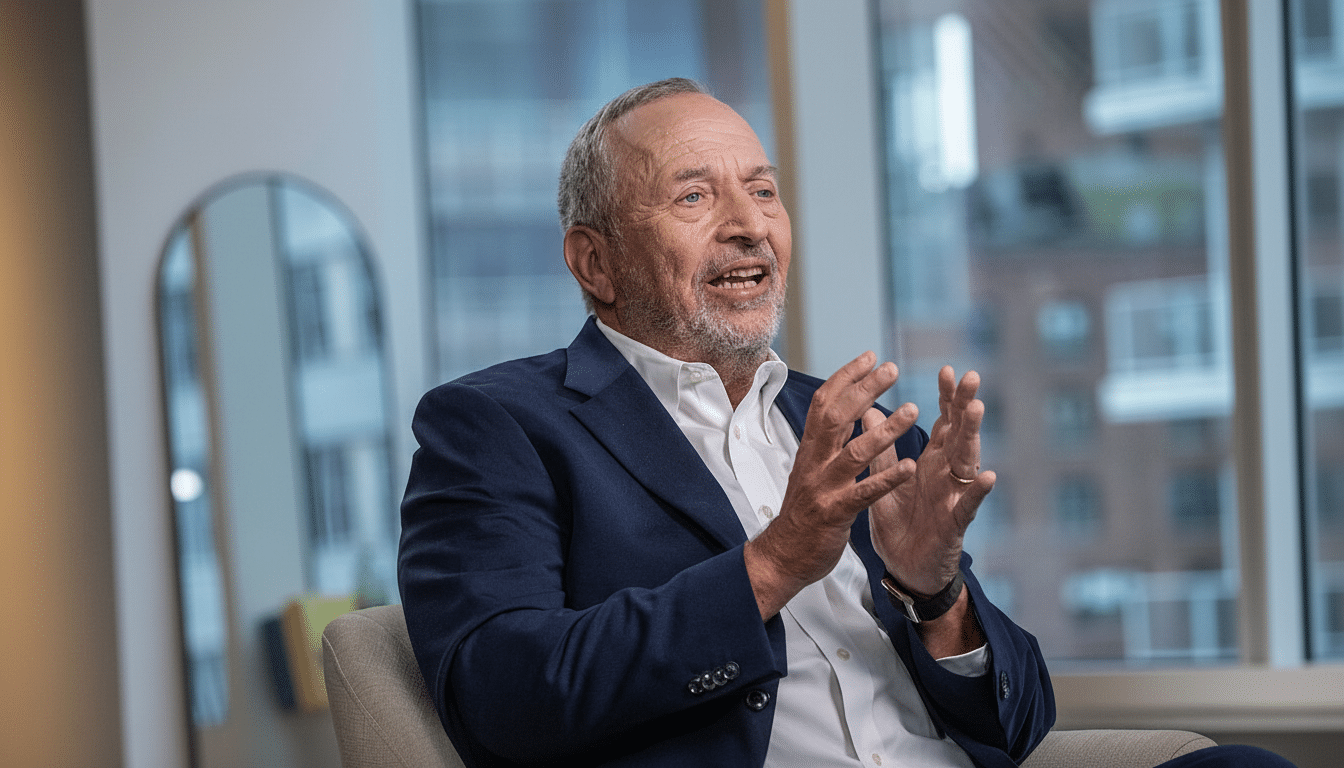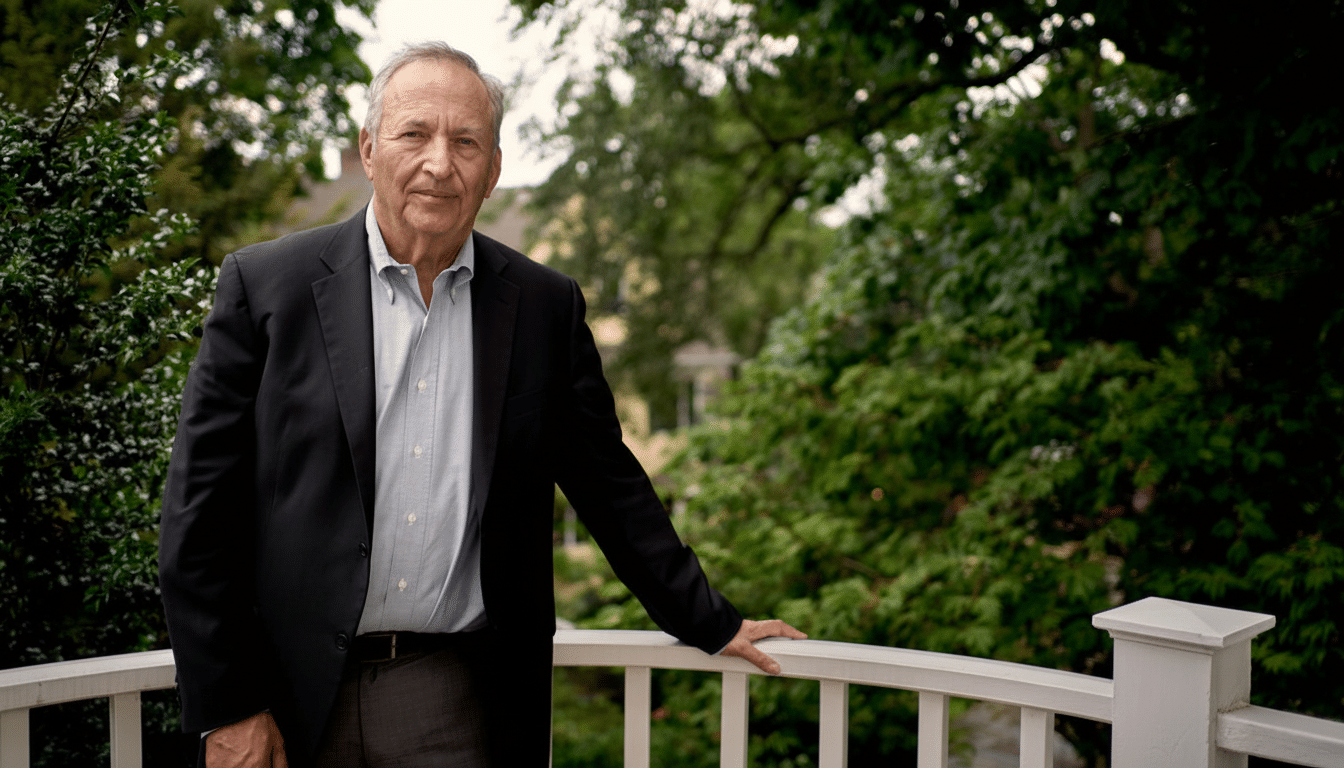Larry Summers has resigned from the board of OpenAI after revelations that he had communicated privately with the late financier and sex offender Jeffrey Epstein. The departure adds to the scrutiny on OpenAI’s governance at a time when pressure on AI leaders’ ethics and oversight is high.
Harvard University, where Summers served as a former president and is now a professor, will be launching an internal review into his dealings with Epstein, The Harvard Crimson reported.

The newspaper also wrote he would withdraw from public commitments in the wake of devastating fallout.
What the Epstein-Related Files Reveal About Summers
The recently released congressional cache contains email and text exchanges in which Summers attempted to solicit advice from Epstein about a romantic relationship he insisted was with someone who had been a protégée. In those messages, Summers also seemed to acknowledge a power differential of such a relationship while attempting to pursue the connection. Epstein, presenting himself as a “wing man,” advised Summers to remain patient and keep the woman on hold while he worked on his own goals.
Summers was married when the exchanges took place, casting the mentee as professionally reliant on him — her ability to access his mentorship intertwined with a level of romance. The documents don’t just reveal bad judgment; they raise the old question of how status and institutional power can be turned to account in private affairs, with reputational collateral damage for those institutions whose people have been caught up.
Later, Epstein was arrested on federal sex-trafficking charges and institutional reckonings raged as documents such as correspondence, donor records and event logs resurfaced at elite universities and nonprofits.
Implications for OpenAI Governance and Board Oversight
OpenAI’s board controls the nonprofit that steers the course of the company’s money-making arm, an unusual level of power over the direction and use of widely deployed AI systems. So board integrity is not just a nice branding gesture; it is a crucial safety measure. Summers’s resignation trims the roster, and ultimately raises questions about vetting, conflict of interest and whether the organization’s oversight network is robust enough to seemingly survive an unending series of scandals.

The company has already weathered one high-profile stewardship crisis that resulted in the turnover of its board and promises of better governance. In an industry where model releases, deployment policies and safety assurances are helping shape the public’s trust of autonomous systems in action, the board composition and its conduct will impact everything from regulatory dialogue to strategic partnerships.
Corporate governance experts always cite: when ethical issues touch directors, there must be an independent investigation into the conduct and clear management of conflicts. Summers’s departure is likely to stem more immediate reputational damage, but the manner in which a replacement is sought — and on what basis — will indicate how seriously it takes ethical scrutiny at its highest level.
Harvard and the Broader Accountability Context
Harvard’s move to investigate Summers’s Epstein ties is yet another example of how universities are still unwinding their own entanglements. The institution had previously faced scrutiny over gifts and access linked to Epstein, a matter documented in internal reviews and external reporting. Focus is again on a star professor and former president, suggesting the accountability cycle isn’t over.
Other institutions encountered similar reckonings. The M.I.T. Media Lab, for example, was rocked after revelations of Epstein-tainted donations and contact resulted in leadership resignations in a case study of how donor ties and opaque networks can wear down governance norms. These incidents have redefined expectations when it comes to disclosure, recusals and the duty of care for leaders in science and technology.
Why It Is Relevant for AI Oversight and Public Trust
Trust in AI remains fragile. A majority of Americans (52%) say they are more worried than enthusiastic about artificial intelligence, according to Pew Research Center. And with more than 100 million weekly active users, anything that happens within ChatGPT at OpenAI can quickly overshadow the pledges to safety, alignment and responsible deployment.
For a company that is out in front on generative A.I., how its directors act and institutions respond can have real policy heft. Regulators and partners look for common standards — strong ethics codes, independent investigations when necessary, and timely, transparent communications. Summers’s resignation ends one immediate distraction, but three questions remain:
- How OpenAI will restore trust through its next hire
- What Harvard’s review turns up about past behavior
- Whether the broader A.I. industry will tighten norms for those driving its most important institutions

